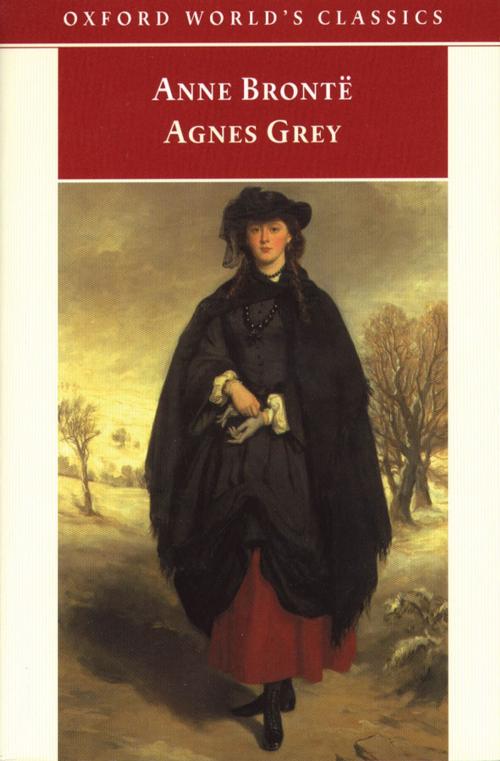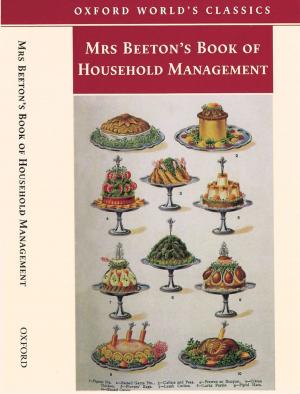| Author: | Caroline Skehill | ISBN: | 9780191500411 |
| Publisher: | Oxford University Press, UK | Publication: | June 20, 1991 |
| Imprint: | Oxford Paperbacks | Language: | English |
| Author: | Caroline Skehill |
| ISBN: | 9780191500411 |
| Publisher: | Oxford University Press, UK |
| Publication: | June 20, 1991 |
| Imprint: | Oxford Paperbacks |
| Language: | English |
Drawing directly on her own unhappy experiences, Anne Bront--euml--;'s first-person narrative describes the almost unbelievable pressures endured by nineteenth-century governesses - the isolation, the frustration, and the insensitive and sometimes cruel treatment meted out by employers and their families. Distinguished by its sharp, often ironic observation of middle-class social behaviour, this deeply personal novel also touches on religious belief, moral responsibility, and individual integrity and its survival. Using the text of the definitive Clarendon edition, this volume also incorporates Anne Bront--euml--;'s previously unpublished manuscript revisions. - ;Drawing directly on her own unhappy experiences, Anne Bront--euml--;'s first-person narrative describes the almost unbelievable pressures endured by nineteenth-century governesses - the isolation, the frustration, and the insensitive and sometimes cruel treatment meted out by employers and their families. Distinguished by its sharp, often ironic observation of middle-class social behaviour, this deeply personal novel also touches on religious belief, moral responsibility, and individual integrity and its survival. Using the text of the definitive Clarendon edition, this volume also incorporates Anne Bront--euml--;'s previously unpublished manuscript revisions. -
Drawing directly on her own unhappy experiences, Anne Bront--euml--;'s first-person narrative describes the almost unbelievable pressures endured by nineteenth-century governesses - the isolation, the frustration, and the insensitive and sometimes cruel treatment meted out by employers and their families. Distinguished by its sharp, often ironic observation of middle-class social behaviour, this deeply personal novel also touches on religious belief, moral responsibility, and individual integrity and its survival. Using the text of the definitive Clarendon edition, this volume also incorporates Anne Bront--euml--;'s previously unpublished manuscript revisions. - ;Drawing directly on her own unhappy experiences, Anne Bront--euml--;'s first-person narrative describes the almost unbelievable pressures endured by nineteenth-century governesses - the isolation, the frustration, and the insensitive and sometimes cruel treatment meted out by employers and their families. Distinguished by its sharp, often ironic observation of middle-class social behaviour, this deeply personal novel also touches on religious belief, moral responsibility, and individual integrity and its survival. Using the text of the definitive Clarendon edition, this volume also incorporates Anne Bront--euml--;'s previously unpublished manuscript revisions. -















